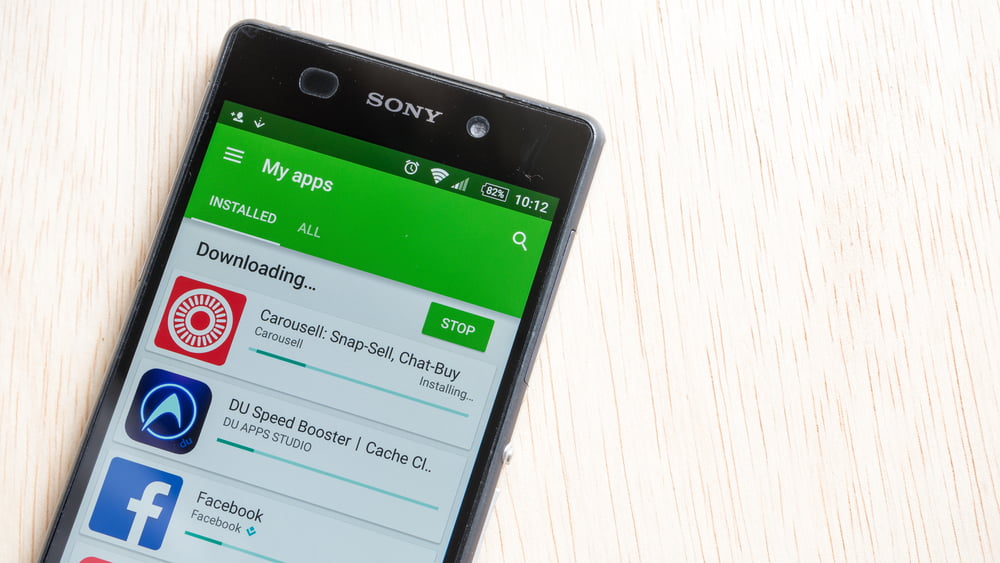The year 2017 was a rather interesting one for Google. This was especially true as far as its Android App Store was concerned. As in previous years, the Play Store saw an influx of malicious applications and nefarious developers. As a result, the parent company took harsh action and delisted over 700,000 troublesome applications. Moreover, it seems over 100,000 developers have had their access revoked as well. This is just a small step in the growing fight against mobile malware-laden apps, though.
Cleaning up the Google Play Store
As most people expected, cybercriminals have flocked to the mobile ecosystem in recent years. This trend became more apparent several years ago, and it seems these efforts have only intensified as time has progressed. Not a week goes by without a few malicious apps being discovered in the Google Play Store. It is then up to Google to remove these applications and punish the developers accordingly.
The company did a pretty thorough job last year, according to some recent statistics published by Google. With over 700,000 malicious applications having been purged and over 100,000 developer accounts forcefully removed, things are looking up. Do not be mistaken in thinking that actions like these will dissuade criminals from targeting Android users with malicious applications, though. In fact, most dangerous applications never even make it to the Google Play Store in the first place.
Even so, it is disconcerting to know Google identified over 700,000 malicious applications. Considering all of these programs are manually vetted, it is evident criminals have been able to outsmart the Play Store team on numerous occasions. We saw an increase in malware-laden apps in late 2017, and it will be interesting to see if that trend continues this year. With the help of machine learning, Google will hopefully be able to keep most of these “bad seeds” away from people’s mobile devices.
It is evident these malicious applications come in many different shapes and sizes. According to Google’s blog, copycat applications are by far the most worrisome thing to watch out for. With over 250,000 removed applications attempting to impersonate “big brand” applications, it is evident a lot more damage could have been done. Most impersonating applications often have nefarious agendas, including the theft of login credentials and other sensitive information.
Additionally, there is a growing malware threat, which won’t surprise anyone at this time. The Potentially Harmful Applications list has grown quite a bit over the past few years. Despite countermeasures such as Google Play Protect, there has been a notable increase in the number of malware-laden applications being submitted to the Play Store. At the same time, this security feature has reduced the number of malware-laden app installations by as much as 50%, which is a rather significant step in the right direction.
The big question is what the future holds for Android and the Play Store. Even though a lot of action was taken in 2017, companies such as Google will need to keep honing their skills. Criminals will not give up easily, and they are more than capable of finding new ways to make life a living hell for Android users. Device owners need to be on their toes at all times, as malicious Google Play apps slip through now and then.

